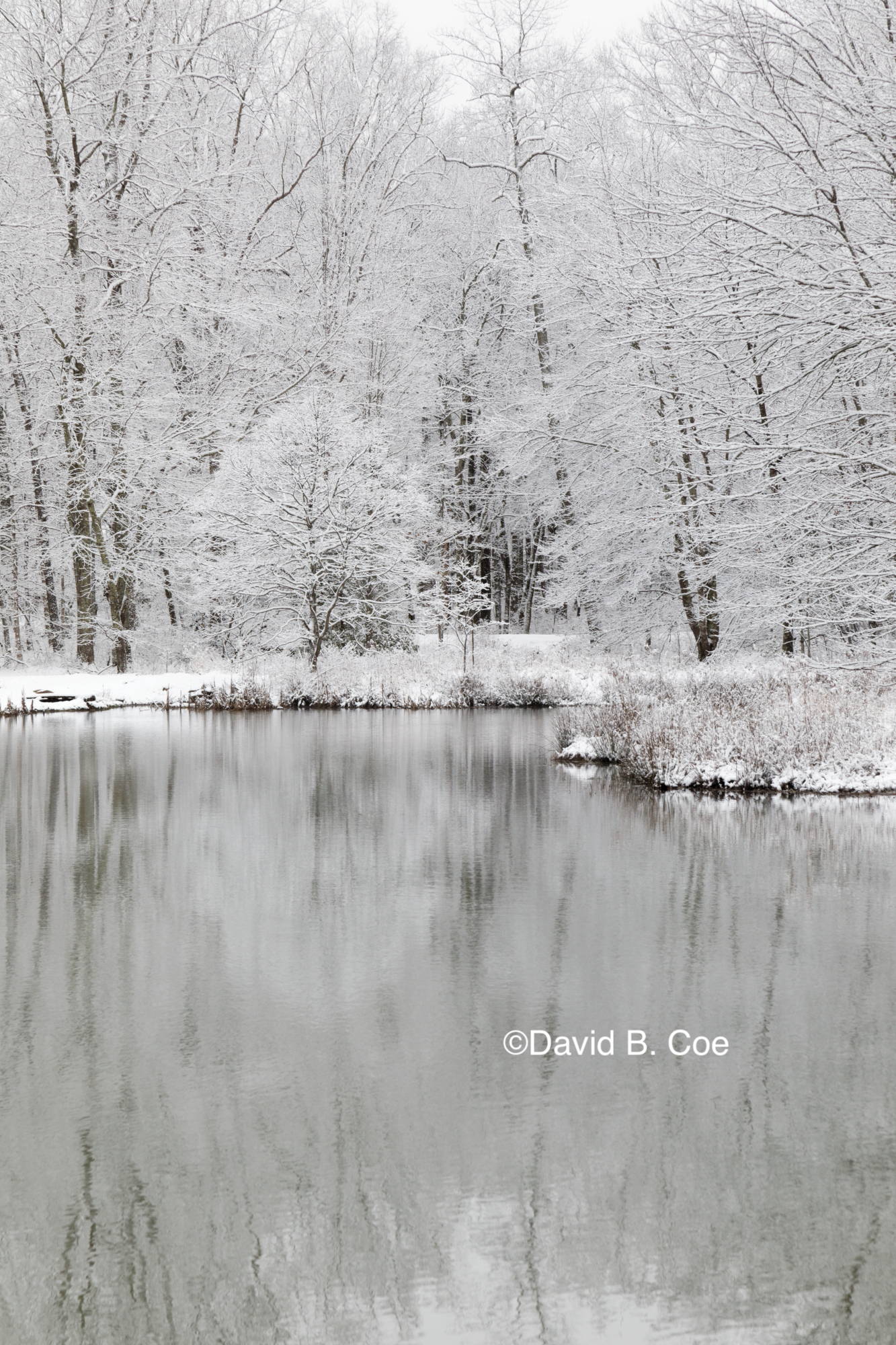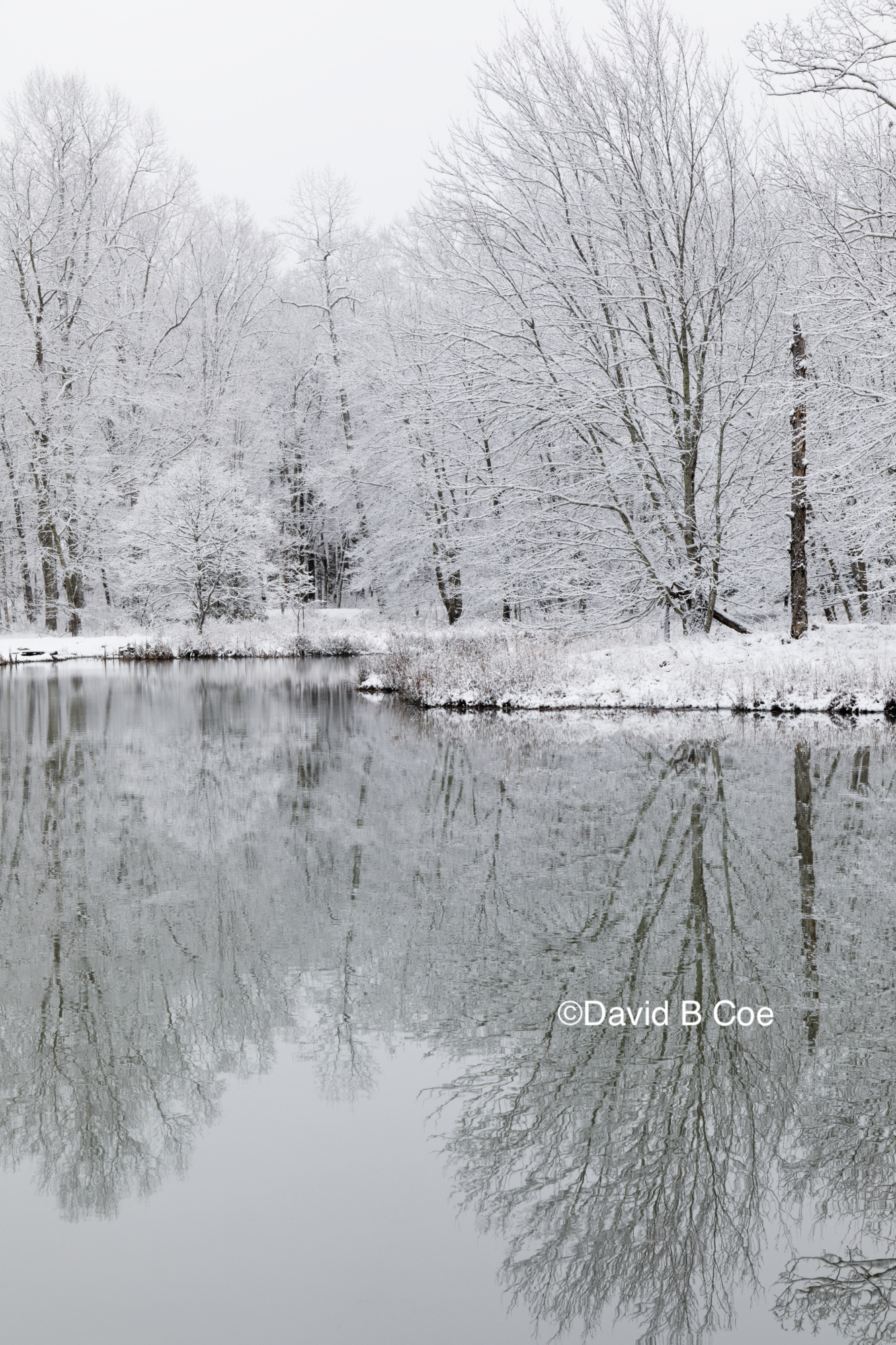Agents – good ones – understand contracts. They are fluent in legalese, and not only can they spot troublesome clauses in a written agreement, they can also improve terms on less contentious but equally important clauses. It is worth finding an agent for their contractual expertise alone.
A few of you expressed interest in a Writing-Tip Wednesday post about finding an agent. (And if you’re interested in offering suggestions for future posts, just sign up for my Facebook group here and leave your thoughts in a comment.)
I could write my next three posts about the agenting process and still not cover the topic in a comprehensive way, but I will do my best to start the conversation here. I will likely return to the subject later in the year. And further down in this post I will share a link to a couple of posts about querying written by my own wonderful agent, Lucienne Diver.
To start, though, I want to focus on a question I hear with some regularity: Do I really need an agent?
This is a valid question. The publishing industry has changed markedly over the past decade, and has undergone huge changes since I started writing professionally twenty-five years ago. At one time, when big-house publishing still dominated the industry, when self-publishing was still called “vanity publishing,” and small presses were at best an imperfect alternative, aspiring authors really couldn’t hope to make a professional book-length sale without an agent. Most large publishers were unwilling even to consider unagented manuscripts. And to some degree that remains true today.
The difference, of course, is that with publishing technology being what it is, and e-books and audio books taking up ever larger portions of the book market, small press publishing is far more viable than it has ever been, and, for many, self-publishing has become a legitimate path. Authors can sign with small publishers and/or earn money from their own books without necessarily having an agent.
And yet, I still believe having an agent makes sense. Why? A couple of reasons. First, I can’t tell you how many new writers I have seen struggling with bad contracts, dealing with publishers who, through incompetence or malign intent, have put them in impossible situations. They are stuck earning next to nothing and, in many cases, are unable to regain the rights to their work. Agents – good ones – understand contracts. They are fluent in legalese, and not only can they spot troublesome clauses in a written agreement, they can also improve terms on less contentious but equally important clauses. It is worth finding an agent for their contractual expertise alone.
But a good agent can help in other ways as well. The fact is, even if authors start out signing perfectly fine contracts with small presses, most aspire to more. They want to sell foreign rights to their books, not to mention film or television or game rights. They want to develop a career strategy that will take them to greater and greater heights of success. A competent, honest agent can help with all of that, and the earlier an author begins a partnership with an agent, the more fruitful that relationship is likely to be. So, yes, by all means, find an agent.
How?
There is no single method that is guaranteed to find you the best agent, the most honest agent, the agent who will bring you fortune and fame. Those things are as dependent on your relationship with your agent as they are on the agent herself. A lot of finding the right agent comes down to doing research, listening to people talk about their agent experiences, and then, in the end, finding someone with whom you have some personal chemistry.
The research is fairly simple. Most of us can place our work in a certain genre or subgenre. We know whose work is similar to ours, who our most comparable authors are. Likely, all or most of those other authors have agents who they acknowledge in their books or on their websites. Those names are a good place to start your search. On the flip side, many agents list their clientele publicly. Look at those lists. Do you see yourself fitting in with those other authors? It probably seems obvious, but I’ll say it anyway: If the agent in question specializes in, say, military science fiction, and you write, say, high fantasy for YA readers, you might want to keep looking.
You can also talk to friends, ask around at conventions and workshops, or even meet agents at such events and find ways to approach them. Agents attend conventions and workshops looking to connect with new writers. Approaching them – politely and in appropriate venues at appropriate times – is perfectly acceptable.
If meeting agents proves impossible, you can still query them. Here is Lucienne’s take on how best to craft a query letter. And here is her post on what comes next after the query.
Finally, you want to talk to any prospective agent in depth. It is always flattering to have an agent express interest in representing you, and it’s tempting to leap at that first offer of representation. Finding an agent is hard, and it’s easy to assume that the first offer could wind up being the only offer. The truth is, though, if one agent is interested, another is likely to be as well. And while that first agent might be fine, or even perfect, there is also the chance that the fit won’t be right.
Ask questions. Where do they think they might place the work you’re selling at the moment? What kind of follow-up do they think you ought to write? What do they think is the best direction for your career going forward? If, in discussing these things, you get the sense that the agent either doesn’t have good answers, or is pointing you in a direction you don’t wish to go, you might want to consider continuing your search.
A couple of nitty-gritty points before I finish: Standard agent percentage is 15% on domestic sales and secondary rights (games, media, audio, etc.). For foreign sales it’s generally 20%. Legitimate agents do not ask for retainer fees, reading fees, etc. They do not try to set you up with “book doctors” or freelance editors who will “improve” your manuscript for a fee. If an agent asks for money, or tries to arrange such services, chances are they’re looking to scam you. Run away. Remember that money flows TO the writer. Agents make money when you make money, by taking a percentage of your earnings. And remember as well that a bad agent – someone who is incompetent or dishonest – can do more damage than good. This is one more reason to be careful with your selection and to not rush into anything because you’re just thrilled to be offered representation.
Writers will work with many, many editors over the course of a career. Editors move from publisher to publisher, they might be interested in one series but not another. Changeover in the editor-writer relationship is to be expected. The writer-agent relationship, on the other hand, is for the long haul. It’s a cliché to compare it to a marriage, but it’s also true. I have been writing for a quarter century. I have worked with at least ten different editors on long fiction and nearly as many on short fiction. In that same time, I’ve had two agents. The relationship with the first ended amicably, as I was taking my career in a new direction and he was looking to retire. The relationship with the second is going strong after twenty years.
The search for an agent can be frustrating, it can be slow, it can be discouraging. Can you start your career without an agent? In today’s world, yes, you can. And if you have that opportunity, go ahead. In fact, if you get an offer from a small press, that can be the perfect opportunity to approach an agent. “I have an offer,” you say. “Would you be willing to represent me in my negotiations?” Many agents will leap at such an offer. And if they prevent even one bad clause from finding its way into your contract, if they win even one concession on royalty rates, if they make even one foreign sale of that same work, the percentage you pay will be well worth it.
















